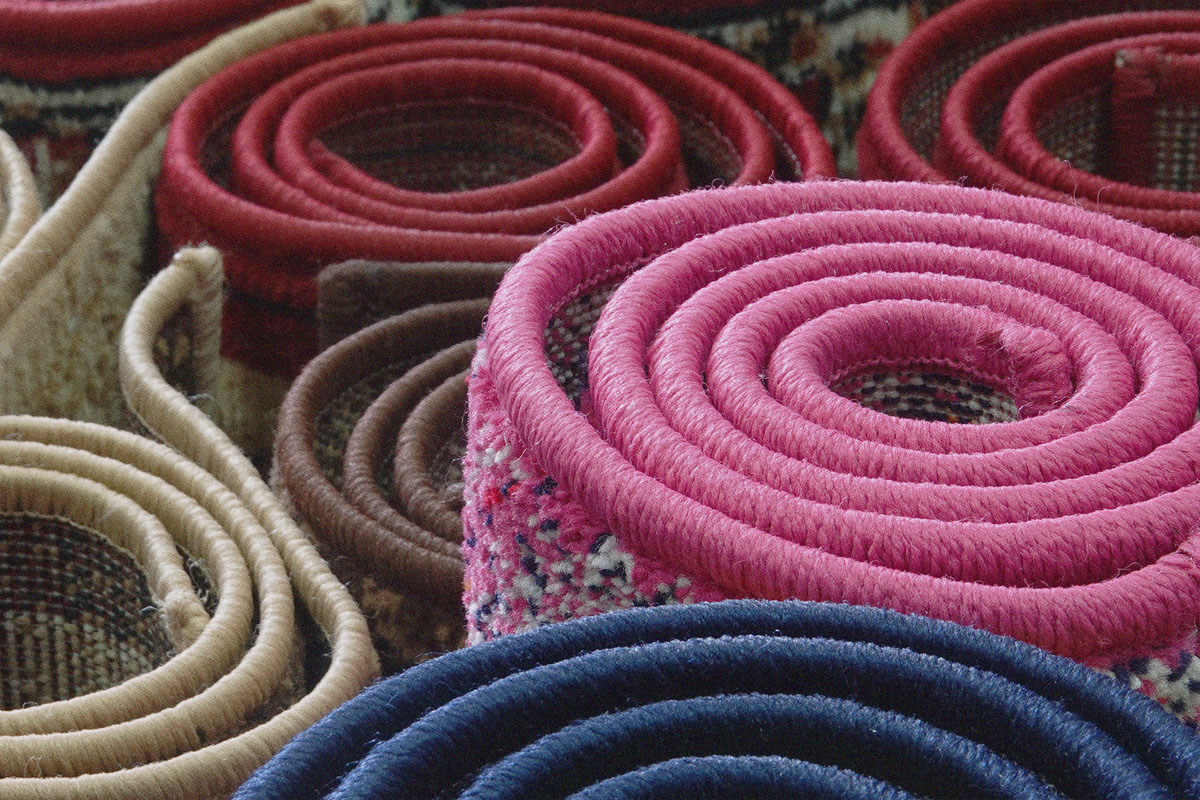Keep reading about similar topics.

Health
by Martha Lewis & Roca Gallery
→
Read More


Home Depot, the world’s largest home improvement retailer, announced Sept. 17 that it will phase out the sale of all carpets and rugs containing PFAS chemicals, expanding the reach of its Chemical Strategy adopted in 2017.
The company said it will stop purchasing for distribution in the U.S., Canada and online any carpets or rugs containing PFAS chemicals by the end of 2019. The new policy has important implications beyond reducing the use of these chemicals, which are associated with serious health harm and last virtually forever in the environment.
Environmental justice & equity: As with the 12 chemicals banned under its original 2017 Chemicals Strategy, this policy makes important strides toward equity in the green building movement. Because it impacts products at all price points, not just premium products and not just those that qualify for the retailer’s Eco-Options program, the policy ensures that all contractors and do-it-yourself customers get healthier products regardless of the brand purchased, and regardless of whether or not the product has been certified “green.” This makes it easier to implement recommendations such as those Habitable provides through our Informed™ approach.

Market Influence
A similar policy change led by the retailer in 2015, banning phthalates from all vinyl flooring it sells, was quickly adopted by all other major retailers such as Lowes, Menards, and Lumber Liquidators. Similarly, when Lowes led the industry in banning the sale of deadly paint strippers in May, 2018, its major competitors followed suit within months
Class approach to chemicals
PFAS refers to a class of nearly 15,000 that repel liquids and resist sticking, including well-known brands such as Teflon, Gore-Tex, Stainmaster and Scotchgard. Many brands have stopped using the most well studied, “long-chain” compounds in this class, but continue to use less studied “short-chain” compounds, causing confusion for consumers. Independent scientists agree that a commitment to avoiding all PFAS is the right approach for consumers and the overall environment.
Widespread PFAS Contamination of the Environment Is a Growing Concern. The Environmental Working Group (EWG) has identified over 700 sites where PFAS were detected and cited federal data suggesting that up to 110 million Americans may have PFAS in their drinking water.1 HBN’s analysis of chlorine and PVC production documented unexpectedly high use of PFAS as an alternative to mercury- and asbestos-based chlorine manufacturing technology, raising new concerns about the role of chlorine-based products and the growing concern over global PFAS exposures. The chemical industry argues that only a few of these compounds have been found unsafe, and all others should be presumed innocent until proven guilty. In 2019, 3M company launched a major public relations blitz2 to this effect, including a “PFAS Facts” website advocating that “Each PFAS compound needs to be evaluated based upon its own properties,”3 a process that would take federal regulators, at best, many decades to complete. EWG published a thorough refutation of 3M’s claims,4 and more than 250 independent scientists5 have called upon companies and regulators to stop producing and using PFAS except in the most essential applications. The Home Depot’s new carpet and rug policy, which we hope will soon be extended to other products including spray-on upholstery protection, such as 3M’s Scotchgard, follows this recommended class approach.
The Home Depot’s new policy commitment comes just two months before the release of the 2019 “Who’s Minding the Store?” Retailer Report Card, from the Mind the Store campaign, a nationwide coalition that challenges retailers to eliminate toxic chemicals and substitute safer alternatives. HBN is a coalition member and advised The Home Depot on its 2017 Chemical Strategy. The annual Report Card benchmarks retailers on their safer chemicals policies and implementation programs. The Home Depot earned a B- on the scorecard.
To learn more about PFAS and how to avoid them, watch the documentary The Devil You Know, available on all streaming services, and check out the new PFAS Central website, a project of our partners at the Green Science Policy Institute.